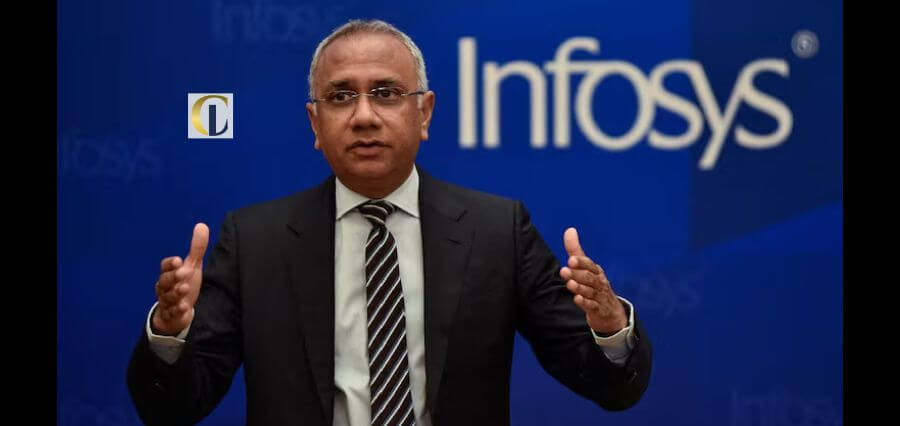One of the most trending topics that have the people in India worried, is the talk about social media platforms like Twitter, Facebook, WhatsApp, and Instagram being banned by the Government.
Is this in fact true? Is the Indian Government really going to take away the platforms which have proven to be a source of income for some, a source of entertainment, and a platform to connect to others?
These are the questions that have the people of India quite worked up and worried.
However, this doesn’t actually seem to be the case. It is true, that these platforms, like WhatsApp, are going up against the Indian Government, but there has been no indication by the Indian Government for banning these platforms.
What actually happened?
About three months back, the Indian Government had issued new digital rules to be followed by platforms like WhatsApp, Twitter, and Facebook. The terms of the new rules were something along the lines of:
- They are required to appoint a compliance officer in India.
- They are required to set up a grievance response mechanism.
- They are required to take down content within 36 hours of a legal order.
- They are required to use automated processes to take down offensive content.
The government had given these firms till the 26th of May to comply with these rules, failure to do so would take away their protection from lawsuits and prosecutions. According to the Intermediary Guidelines and Digital Media Ethics Code, this would mean that these “significant social media intermediaries” or sites that are a host to a number of third-party posts, messages, and information, would not be allowed to claim legal immunity from the content posted on their sites.
In light of these new rules, Google, to ensure the Indian Government of its continuous efforts to comply with the legal formalities, cited their “long history” of content that they have managed in accordance with a number of local laws.
Facebook responded by saying that they “aim to comply” with the rules but at the same time they’ve asked to first discuss a few things that need to be addressed.
Twitter on the other hand hasn’t responded to these new digital rules as it is currently already preoccupied being on the radar of the government and Delhi police for its “congress toolkit” tweet controversy.
Sites like Koo, having around 6 million users, complied with the new rules last week itself.
WhatsApp, the messaging service owned by Facebook, having nearly 400 million users in India filed a petition against the Indian Government on Tuesday. The company said that the new digital laws put forward by the government would compel the company to violate the privacy of its users.
The company made a statement saying, “Requiring messaging apps to ‘trace’ chats is the equivalent of asking us to keep a fingerprint of every single message sent on WhatsApp, which would break end-to-end encryption and fundamentally undermines people’s right to privacy.”
WhatsApp has strongly argued against the traceability of messages, as in order to do so would require them to break their encryption of people sending and receiving messages. Being able to trace messages will force private companies to collect and store the data of billions of messages and posts being shared and received on a daily basis, only for the purpose of turning required messages and posts over to the law at the end of the day.
The petition put forth by the company against the Indian Government asks the high court to acknowledge and declare that one of the new rules which ask for the traceability of messages in finding the ‘originator of information’, is a violation of privacy under the constitution of India.
The petition was put forward in accordance with a ruling by the Supreme Court in 2017 that stated that privacy must be preserved except in cases where “legality, necessity, and proportionality all weighed against it”, according to Reuters.
While affecting WhatsApp, this traceability rule will also affect other apps which also have end-to-end encryption, like Signal and Telegram.
The government, in response to this petition by WhatsApp, termed it as an “act of defiance” as they fail to comply with the new IT rules on traceability calling it an “unfortunate attempt”.
The government also explains that they have a good reason behind these newly implemented rules of traceability and that they are “reasonable restrictions”.
The IT minister Ravi Prasad was quoted on the same saying, “the government is committed to ensuring the right of privacy to all its citizens, but at the same time it is also the responsibility of the government to maintain law and order and ensure national security.”
While talking about how according to all established judicial dictum, no fundamental right is absolute and is subject to reasonable restrictions, the government also mentions that this traceability rule is mandatory for every significant social media intermediary regardless of their method of operation. These steps will only be taken in the case of the message being required for any serious offenses.
What will change after the compliance of these social media intermediaries to the new IT rules?
- While being required to have a publicly available contact on their website or their apps, the companies would also be required to send in a monthly report to the government, mentioning in detail all the complaints the company received, and their actions are taken along with reasons for contents that have been removed with those details as well.
- The companies will be required to take down posts deemed as nudity or morphed images, within 24 hours of the complaint.
- The companies providing messaging services will be required to trace back messages to the “originator” in the case of the content undermining the sovereignty of India, security of the state, or public order. However, the content of this message would not require to be disclosed.
- If a user of any of these social media platforms wishes to voluntarily verify their accounts, these intermediaries should give the proper means and steps to do so.
- Companies will have to send out a prior intimation before taking down content from platforms while giving users a reasonable explanation for the same and at the same time allow users to dispute the actions taken by these intermediaries.
Due to these happenings the public of India while being worried about certain social media platforms being “banned” are also worried about their freedom of speech being infringed upon.
The situation has given rise to a whole bunch of memes and posts with regards to the same with people actually standing against the new IT digital rules put forward by the government, to be complied with by these social media intermediaries.









